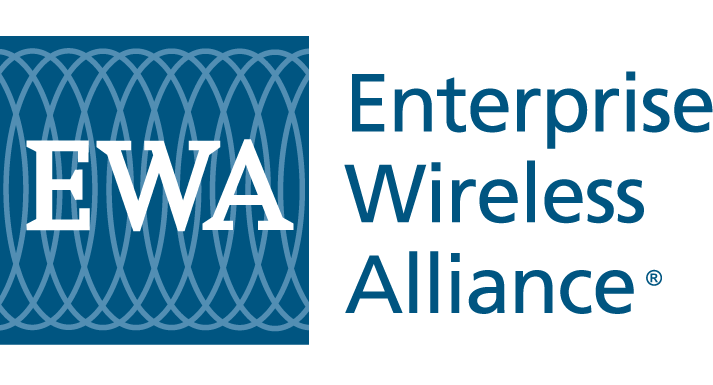Public Safety Needs to Exhaust Its Own Ample Spectrum Supply Before Seeking Waivers for B/ILT Channels
In comments filed late last week, the Enterprise Wireless Alliance (EWA) once again challenged a public safety licensee’s claim that only access via waiver to Business/Industrial Land Transportation (B/ILT) channels would satisfy its spectrum requirements. In this case, EWA filed comments with the FCC stating that Washington County, Oregon did not meet the Commission’s standard for waiver relief needed to secure two 800 MHz B/ILT Pool frequencies as part of a planned upgrade to a P25 Phase II TDMA system.
The cornerstone of any waiver request that seeks Commission approval for access to spectrum for which the party is not eligible is a verifiable demonstration that channels for which it is eligible are not available. In this instance, EWA’s research discovered that 84 12.5 kHz NPSPAC channels are available at Washington County’s proposed location, along with two Sprint-vacated General Category (“GC”) channels that would be assignable with a “No Objection” letter from Sprint. While there may be reasons unexplained in the County’s waiver request why this large pool of exclusively Public Safety NPSPAC spectrum is not usable at this site, EWA recommended that the County amend its application to request these two GC channels. Absent a showing why neither the GC nor NPSPAC channels can be used to meet its requirements, channels for which it is eligible, the County cannot justify waiver relief since it has spectrum alternatives.
“EWA will not object to a request for waiver if the entity can demonstrate that it has no other options,” said EWA President Mark Crosby, adding that “and EWA will verify public safety claims of spectrum exhaustion through its own analyses in response to waiver request to access B/ILT spectrum. Securing concurrence from a B/ILT frequency advisory committee, while necessary to verify that the B/ILT channels are unencumbered, is not by itself sufficient to warrant grant of such waiver requests. Research reveals that Washington County has not exhausted its public safety allocation alternatives.”
About the Enterprise Wireless Alliance
EWA is an FCC-certified frequency advisory committee that provides license preparation, spectrum management and associated services to business enterprises, private carriers, public safety entities and wireless sales and service organizations. Membership within EWA is open to users of wireless communications systems, vendors, system operators and service organizations. Additional information about membership and services is available at www.enterprisewireless.org.
